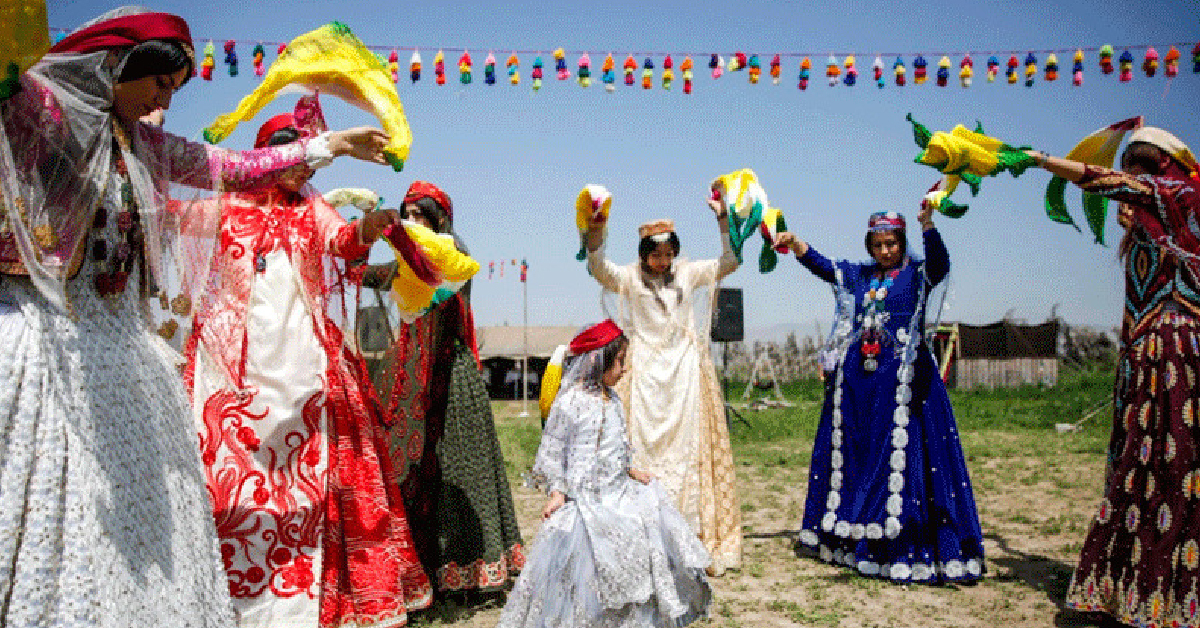2025
2025
2025-02-04

Iranian Telegram channels are raising alarms, and experts are expressing justified concerns that separatist groups, enjoying the patronage of Ankara and Baku, and specifically the “Kayı Party” (Kayı Partisi) based in Turkey, are spreading false narratives about identity, history, and cultural ideas among Iran’s Qashqais with the aim to sow separatist sentiments.
This party was founded in 2021 and is named after the Turkic Qayı tribe, which is associated with the founding dynasty of the Ottoman state. The party promotes nationalist ideas among peoples of Turkic origin. Iran’s Qashqais have also come into their focus, as they attempt to spread anti-Iranian ideas among this Turkic tribe, which has an Iranian cultural and political identity.
Who are Qashqais?
The Qashqais are the largest Turkic tribe in Iran today, consisting of six clans. They are one of the most organized and conservative Shiite tribes, strictly adhering to their customs, traditions, and culture. The Qashqais lead a semi-nomadic lifestyle, primarily concentrated in Iran’s Fars province.
Among Iranians, they are also known for their joyful, colorful, and vibrant celebrations. The Qashqais speak a Western Oghuz Turkic dialect, which they call “Turki.” A common belief among the Qashqais is that their ancestors came to Iran from Turkestan, accompanying the vanguard forces of Hulagu Khan or Tamerlane’s armies.
However, it is accepted that they arrived in Iran in the 11th century during the migration of Oghuz Turkic tribes. Most likely, they initially settled in the northwestern regions of Iran and later gradually migrated to Fars province. Until recently, they had a clan called Moganlu, whose name originated from the Mughan steppe, located north of Ardabil.
Moreover, the Qashqais often refer to Ardabil as their “ancestral home.” According to another legend by Qashqais, Safavid Shah Ismail (1501–1524) resettled their ancestors in Fars to defend the province from the Portuguese. The first historical mention of the Qashqais appears in the 18th-century work The Diary of Muhammad, Kalantar of Fars.
The etymology of the name “Qashqai” also remains uncertain. The renowned orientalist, academician V. V. Barthold, explains the tribal name as deriving from the Turkic word qašqā, meaning “a horse with a white blaze on its forehead.” According to another theory proposed by the Iranian author Hasan Fasai, the name originates from the Turkic verb qāčmaq, meaning “to flee.”
Despite being aware of their Turkic origin, the Qashqais consider themselves an integral and inseparable part of Iran’s ethnic landscape.